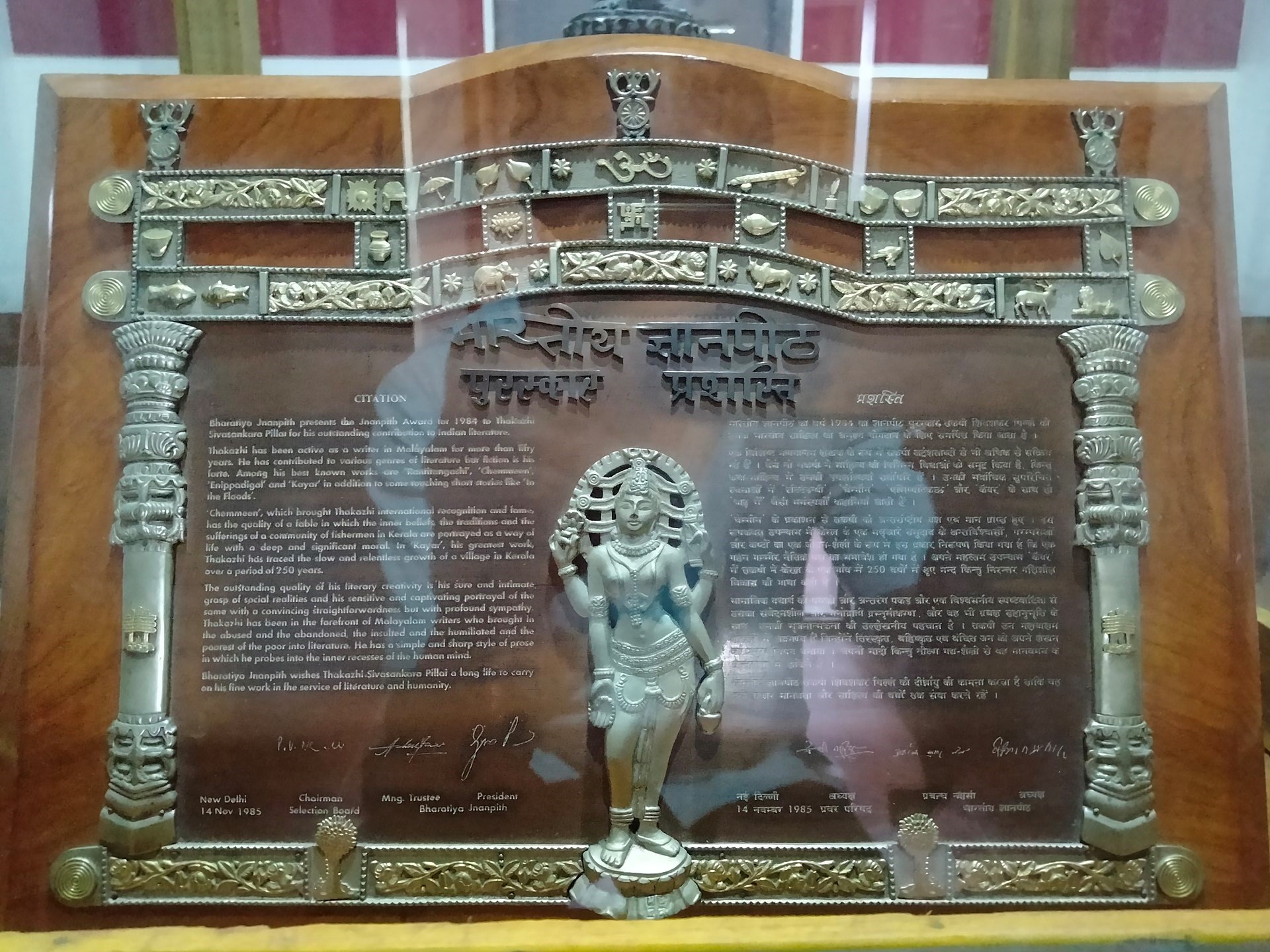Description

Disclaimer: Copyright infringement not intended.
Context
- Renowned Urdu poet Gulzar and Sanskrit scholar Jagadguru Rambhadracharya have been named the recipients of the 58th Jnanpith Award, the Jnanpith selection committee announced.
Details
- Gulzar: is known for his works in Hindi cinema and is considered one of the finest Urdu poets of this era. He has earlier received the Sahitya Akademi Award for Urdu in 2002, the Dadasaheb Phalke Award in 2013, the Padma Bhushan in 2004, and at least five National Film awards for his works.
- Jagadguru Rambhadracharya: the founder and head of Tulsi Peeth in Chitrakoot, is a renowned Hindu spiritual leader, educator and writer of more than 100 books.
About the award
- The Jnanpith Award, instituted in 1961 by the Bharatiya Jnanpith, stands as the oldest and most prestigious literary accolade in India.
- It recognizes authors for their exceptional contributions to literature in Indian languages as well as English.
- Notably, the award does not have a posthumous category and aims to honor living writers.
Evolution of the Award:
- Initially, the award recognized the "most outstanding work" of authors and included a citation plaque, cash prize, and a bronze replica of Saraswati, the Hindu goddess of knowledge and wisdom.
- Over time, the criteria shifted to considering works published in the preceding twenty years, with an increase in the cash prize to ₹1.5 lakh in 1981.
- As of 2015, the cash prize stands at ₹11 lakh.
Significance:
- The Jnanpith Award symbolizes literary excellence and serves as a testament to the richness and diversity of Indian literature across various languages.
- It recognizes writers who have made significant contributions to their respective literary traditions and have enriched the cultural tapestry of the nation.

Selection Process:
- Nominations for the award are received from literary experts, critics, universities, and language associations.
- An advisory committee for each language is constituted every three years, comprising three literary critics and scholars.
- The Jnanpith Award Selection Board, consisting of esteemed members, evaluates the nominations and selects the recipient based on the recommendations of the language advisory committees.
Prominent Recipients:
- The first recipient of the award was G. Sankara Kurup, a Malayalam writer, honored for his collection of poems titled "Odakkuzhal" (The Bamboo Flute) in 1965.
- In 1976, Bengali novelist Ashapoorna Devi became the first woman to receive the award for her novel "Prothom Protishruti" (The First Promise).
Conclusion
The Jnanpith Award continues to serve as a beacon of literary excellence, celebrating the vibrant literary traditions of India. Through its meticulous selection process and prestigious recognition, it honors writers who have made enduring contributions to the world of literature, inspiring generations to come.
|
PRACTICE QUESTION
Q. Who was the first recipient of the Jnanpith Award?
a) Rabindranath Tagore
b) G. Sankara Kurup
c) Ashapoorna Devi
d) Harivansh Rai Bachchan
Answer: b)
|















